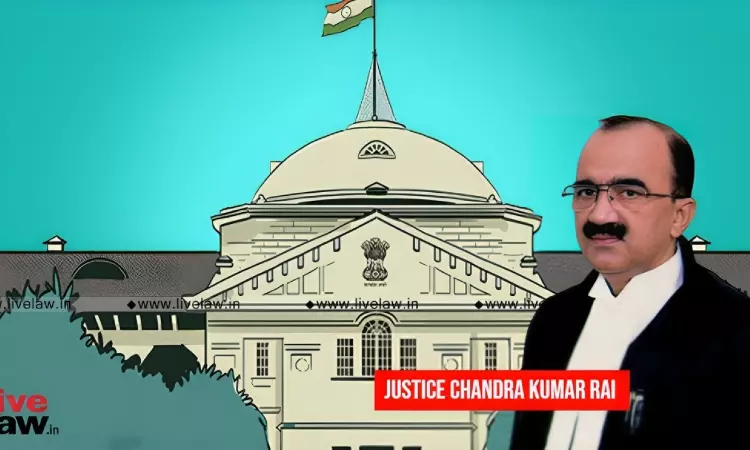Allahabad High Court Upholds Regularization Of Greater Noida Industrial Development Authority Workmen
Upasna Agrawal
26 Nov 2024 5:44 PM IST

Next Story
26 Nov 2024 5:44 PM IST
Recently, the Allahabad High Court has upheld the award granted by the Industrial Tribunal to the workmen of the Greater Noida Industrial Development Authority regularizing their services in the Authority establishment.“The Industrial Tribunal while deciding the 16 misc. cases, under Section 16-F of the Act of 1947 has recorded finding of fact that petitioner-authority has violated...
